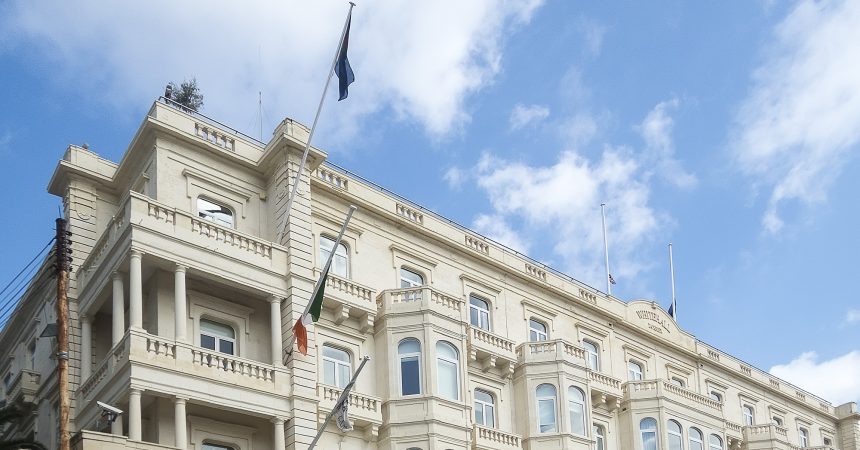The Assistant US Attorney has accused the owner of the now-defunct Pilatus Bank, Ali Sadr Hasheminejad of hiding his Iranian identity throughout a multi-million dollar business deal by purchasing citizenship in the Caribbean island of St Kitts & Nevis.
Iran national Ali Sadr is being tried before a US court charged with money laundering and breaching US sanctions by moving millions of dollars in payments in a project in Venezuela in breach of US sanctions.
The Shift reported how the former owner of the now-defunct Pilatus Bank in Malta allegedly made use of four St Kitts & Nevis passports and used five different names, as well as two different dates of birth, when conducting international business.
In the opening statement in court, the Assistant US Attorney explained that it was illegal to send dollars to Iranian companies because of the sanctions imposed. The Assistant Attorney said that Al Sadr managed to process the money through “smoke and mirrors”, by disguising his family’s identity. He also Al Sadr lived in the United States for some time and was very aware of these sanctions.
The AUSA said that Ali Sadr’s father had made a half a billion-dollar deal for a project in Venezuela but did not want to be paid in either in Iranian currency or Venezuelan currency. Instead, the family wanted to be paid in dollars.
While hiding any Iranian connection, the family set up a Swiss account by using an address in Dubai. This worked at first and the defendant had sent letters to have the payments made through the company they had set up in Turkey and Switzerland.
“By 2013-2014, there were problems. The Venezuelans weren’t paying. The defendant and his father turned to the Iranian Minister of Industry,” AUSA explained, adding that Ali Sadr had masterminded this scheme and, in turn, committed federal crimes.
“You’ll see the real contract, and the doctored contract, that removes the word ‘Iran’. You will see the defendant directing his assistant to backdate a document. All the route $115M from banks right here in Manhattan to an Iranian company.”
Defence lawyer Reid Wiengarten started his initial address by describing Ali Sadr’s father as ‘a giant of a man’ both physically but also in business. He said that Al Sadr’s family wanted to start the half a billion-dollar housing project to help the people of Venezuela following floods which left a city in ruins. Wiengarten explained that Ali Sadr was a ‘brilliant student’ and ‘pro-American’.
“My client is fully engaged elsewhere; he wants to be banker. But his father asks him to help in Venezuela. And my client loves his father, wanted to pay him back. Both wanted to help the poor people. Ali was all in.”
“Once my client’s father took over the Venezuela project, not a dollar went back to Iran. They feared that the Ayatollahs would take the money. As you get into the evidence, you’ll see that the construction company would send a bill to Venezuela. Eventually, they would pay to banks in Portugal and Spain, in Europe. But the Venezuela account, they used a US bank to clear the transactions.”
At this point, the defence lawyer said Ali Sadr thought that all of this was fine as long as no money went to Iran.
“They both had clearing accounts with JP Morgan. That’s it. That’s the story. That’s the alleged criminality. The nano-second. But there is no criminal intent. The US can’t prove that.”
He then insists that his client simply did not want to be denied by the bank because of his nationality. “Even if you find a technical violation of the sanctions – that is not a crime if he had a pure heart and was on the right side. This case is not about the wisdom of the sanctions.”
Christian Kalin, Chairman of Henley & Partners, the global passports firm and the concessionaire for the cash for passport scheme in Malta, is among the list of 49 people who will be called to testify.
The case continues.












